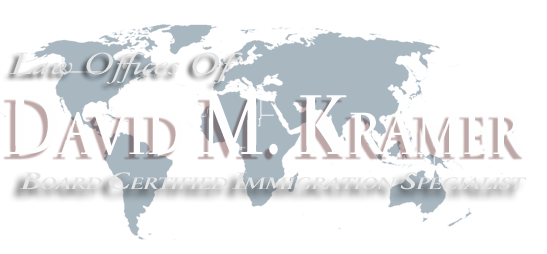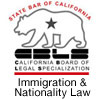Religious Workers R-1
The R-1 visa enables religious workers to temporarily enter the United States. A religious vocation is defined as a calling to religious life, shown by a demonstration of a lifelong commitment such as taking vows. Nuns, monks, and religious brothers and sisters are examples of religious workers.
A religious occupation is defined as a continual engagement in an activity related to a traditional religious function. This definition includes liturgical workers, religious instructors or cantors, catechists, workers in religious hospitals, missionaries, religious translators and religious broadcasters. However, it doesn’t include janitors, maintenance workers, clerks, fund raisers or solicitors of donations.
Your spouse and/or unmarried children under 21 years of age may be granted derivative status to enter the U.S. They are not authorized to work while in the U.S., but may attend school.
You should apply for an R-1 visa at the U.S. Embassy or Consulate with jurisdiction over your place of permanent residence. You do not have to maintain a residence abroad which you have no intention of abandoning, but must intend to leave the U.S. at the end of your R-1 status.
Filing Procedures
If an applicant is outside the U.S., he or she can apply for an R-1 visa without prior USCIS approval. The applicant can go to the appropriate consulate and present the required evidence and be issued the visa on the spot.
If a person is in the U.S. and wishes to change from one nonimmigrant status to R-1 status, an application must be made with the USCIS. This is done by submitting Form I-129 and R Supplement along with supporting documents showing eligibility for the category. Also, extensions of stay in R-1 status are made on this form.












